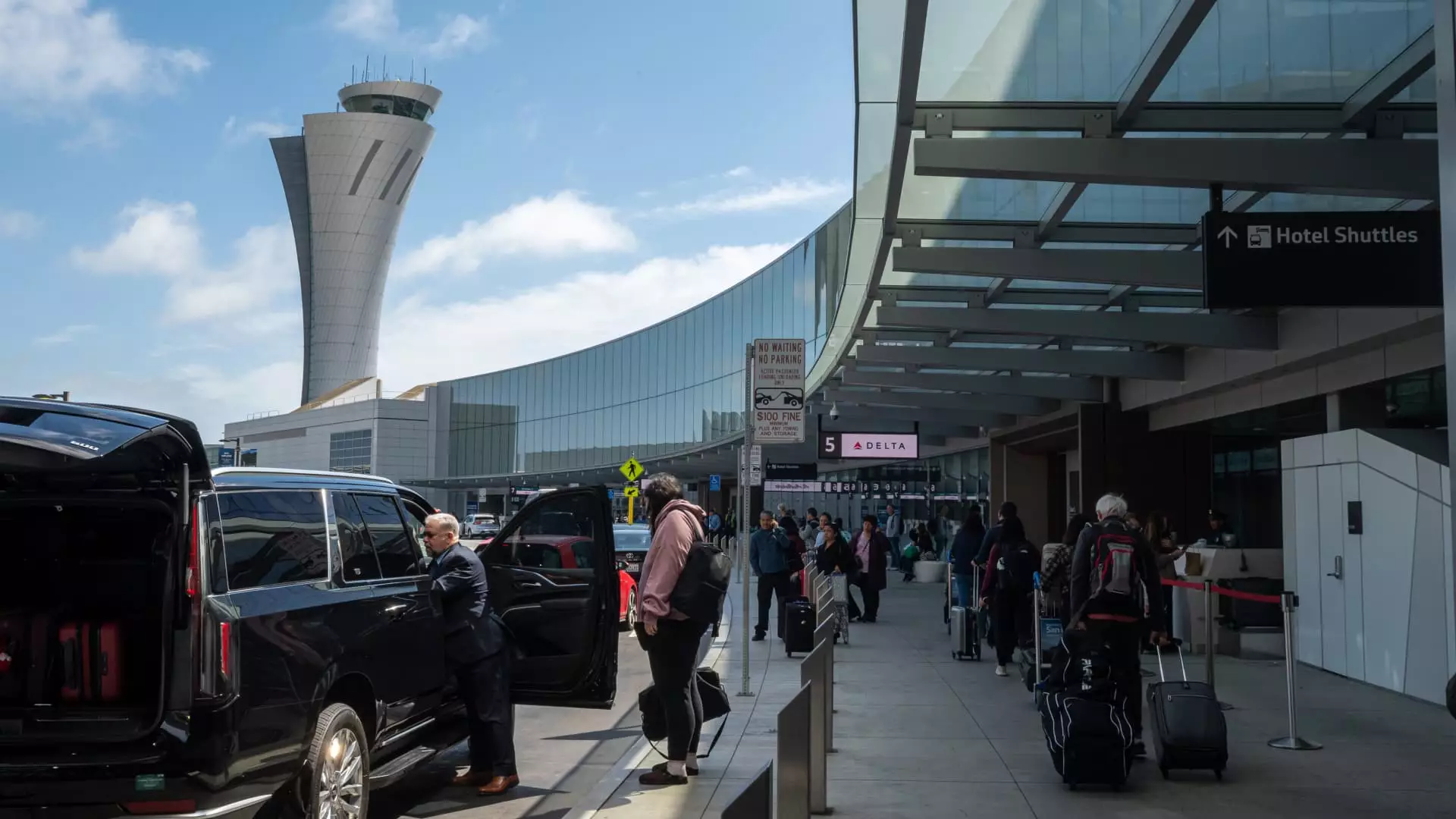The story of Tae Heung “Will” Kim exposes a troubling facet of modern immigration enforcement—one that often neglects human dignity and fundamental rights amid a relentless pursuit of security. Kim, a dedicated researcher with deep roots in the United States, was detained for over a week without clear justification, forced to endure conditions that starkly contrast the principles of justice and fairness. His case is emblematic of a broader punitive approach that treats individuals like suspects rather than acknowledging their inherent humanity. This attitude fosters a climate of fear and dehumanization, especially for those who have spent most of their lives contributing to society. It raises urgent questions: Are we truly safeguarding national interests, or are we sacrificing core values for the illusion of safety?
Procedural Failures and Erosion of Due Process
Kim’s experience highlights profound procedural failings that betray the rule of law. Being detained at an airport—an environment not designed for detention—denies individuals the right to challenge their case in a proper setting. His rights to legal counsel, transparent hearings, and humane treatment were severely compromised. The fact that he was moved repeatedly within confined spaces, sleeping in chairs, and unable to communicate freely underscores systemic flaws. Our immigration system, especially under increased enforcement measures, is veering towards suspicion and punishment without adequate safeguards. This unchecked power consolidation—where Customs and Border Protection officers act as interrogators rather than neutral agents—undermines the very principles of justice that the U.S. proclaims to uphold.
A Case of a Life Most in Harmony with American Values
Kim’s story also serves as a stark reminder of the disconnect between policy rhetoric and lived reality. Arriving at age five, he symbolizes the quintessential American story—a young person raised in the U.S., educated, and actively contributing. His pursuit of advanced research to combat Lyme disease exemplifies civic-mindedness and scientific dedication. Yet, his minor past infractions, sealed and mitigated through community service, are now being wielded as grounds for deportation. This overreach reveals a punitive trend that punishes individuals for minor baggage, eroding the possibility of redemption. It’s a policy approach that fails to recognize the capacity for growth and reintegration, reducing individuals to their mistakes rather than their potential.
The Political Climate and Its Human Cost
The broader political landscape today fuels policies that prioritize control over compassion. Under the guise of national security, recent administrations have expanded detention authority, often at the expense of basic rights. Kim’s detention is far from an isolated incident—it fits into a pattern of aggressive enforcement that disenfranchises immigrants, permanent residents, and even citizens. These policies risk transforming the immigration system into a punitive machinery that operates more like a fortress than a gateway. The political rhetoric often frames immigration as a threat rather than a vital part of the nation’s fabric, thus justifying measures that strip dignity from those within it.
A Call for Reassessment and Humanity
This situation demands a reassessment of priorities. It is not enough to emphasize border control and enforcement without safeguarding the rights and humanity of individuals caught in the process. Kim’s case underscores the urgent need for policy reforms rooted in fairness, transparency, and the acknowledgment of immigrant contributions. The system should serve as a foundation for integration and opportunity, not one of fear and irreversible punishment. If we are to call ourselves a nation committed to justice, then we must challenge the narrative that suspects, friends, and contributors are enemies. Doing so is our moral duty—before more stories like Kim’s become the norm rather than the exception.


Leave a Reply